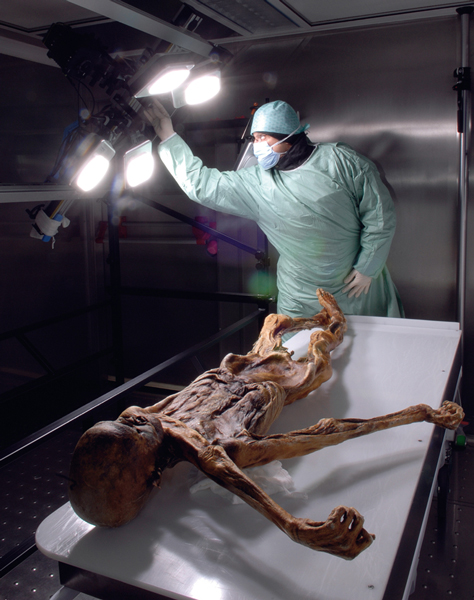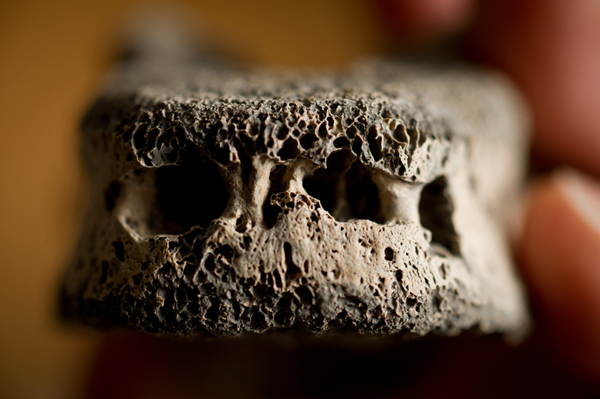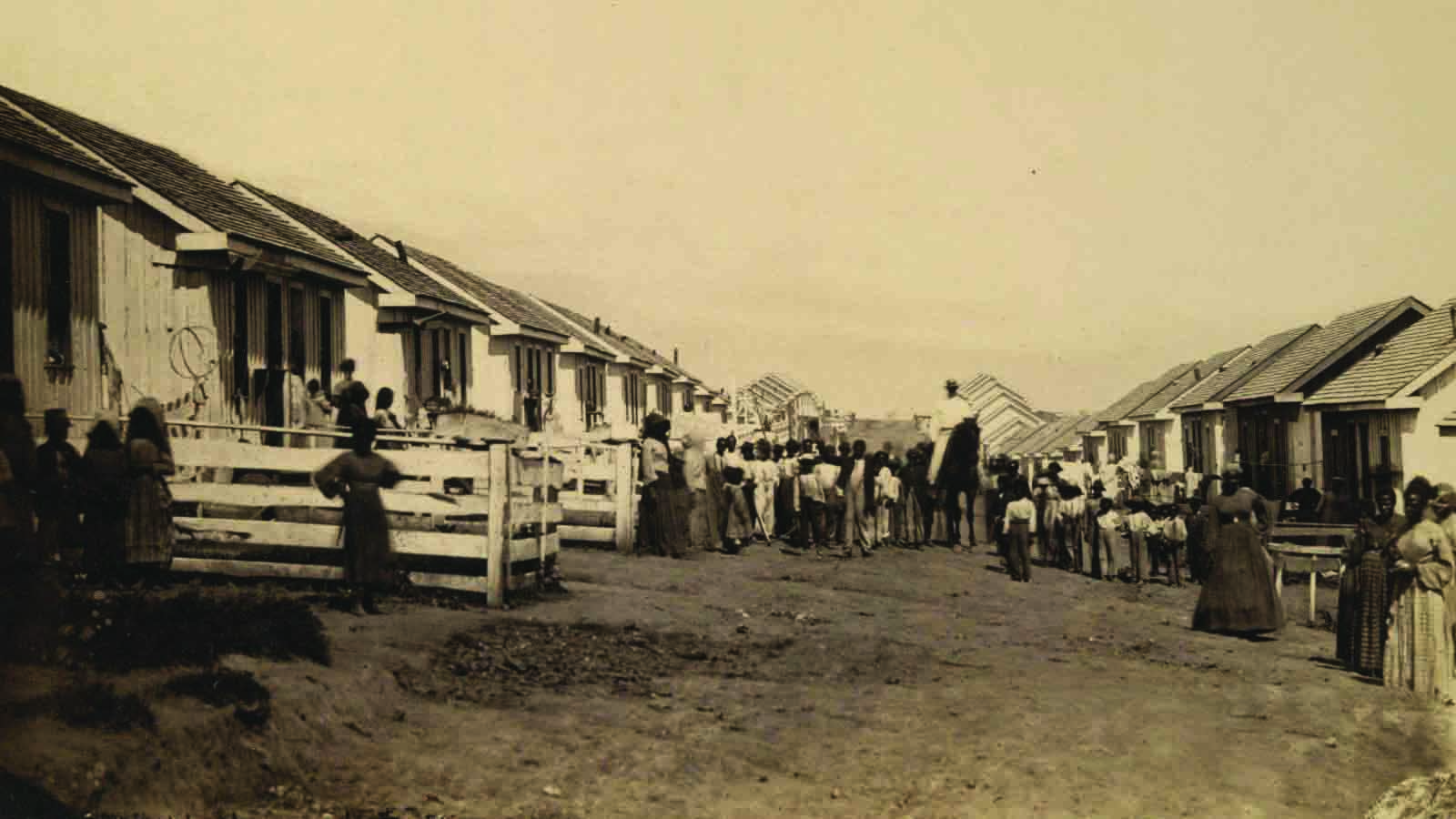BERLIN, GERMANY—According to a report in The Asahi Shimbun, a new study of the measles genome led by researchers from Germany’s Robert Koch Institute suggests that the virus may be 2,500 years old. It had been previously thought that the measles virus separated from the rinderpest virus, which is transmitted among cows, some 1,100 years ago, based upon genetic differences between the rinderpest virus and recent samples of the measles virus. The measles genomes for the new study were obtained from a lung specimen taken from a patient who died of measles in 1912, and another sample collected around 1960. Around 2,500 years ago, the researchers note, population sizes may have become large enough for a new infectious disease to emerge and spread among people living in close contact in urban areas. To read about research on a pathogen that caused a sixteenth-century epidemic in Mexico, go to "Conquistador Contagion."
New Study Suggests Measles Virus is 2,500 Years Old
News July 19, 2020
Recommended Articles
Digs & Discoveries July/August 2012
What Ailed the Iceman?

Digs & Discoveries May/June 2012
The Persistence of Brucellosis
The skeletal remains of two adolescent males found at Butrint, a Roman colony in Albania, indicate that both suffered from fatal cases of brucellosis. The chronic respiratory disease, which is typically contracted from contaminated meat or dairy products, today affects roughly 500,000 people per year worldwide.

Model Homes March/April 2026
Doorways for the Dead
LOCATION: Thebes, Egypt
DATES: Ca. 1981–1975 b.c.

Model Homes March/April 2026
A Maya God’s Humble Abode
LOCATION: Copán, Honduras
DATE: Ca. a.d. 700–850

-
Features May/June 2020
A Path to Freedom
At a Union Army camp in Kentucky, enslaved men, women, and children struggled for their lives and fought to be free
 (National Archives Records Administration, Washington, DC)
(National Archives Records Administration, Washington, DC) -
Features May/June 2020
Villages in the Sky
High in the Rockies, archaeologists have discovered evidence of mountain life 4,000 years ago
 (Matt Stirn)
(Matt Stirn) -
Letter from Morocco May/June 2020
Splendor at the Edge of the Sahara
Excavations of a bustling medieval city tell the tale of a powerful Berber dynasty
 (Photo Courtesy Chloé Capel)
(Photo Courtesy Chloé Capel) -
Artifacts May/June 2020
Torah Shield and Pointer
 (Courtesy Michał Wojenka/Jagiellonian University Institute of Archaeology)
(Courtesy Michał Wojenka/Jagiellonian University Institute of Archaeology)


